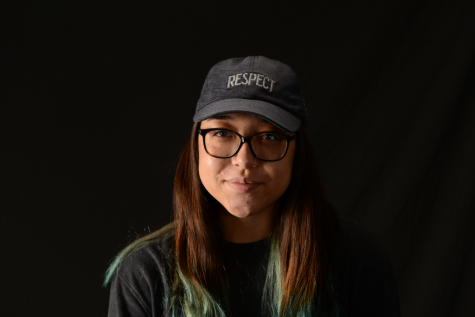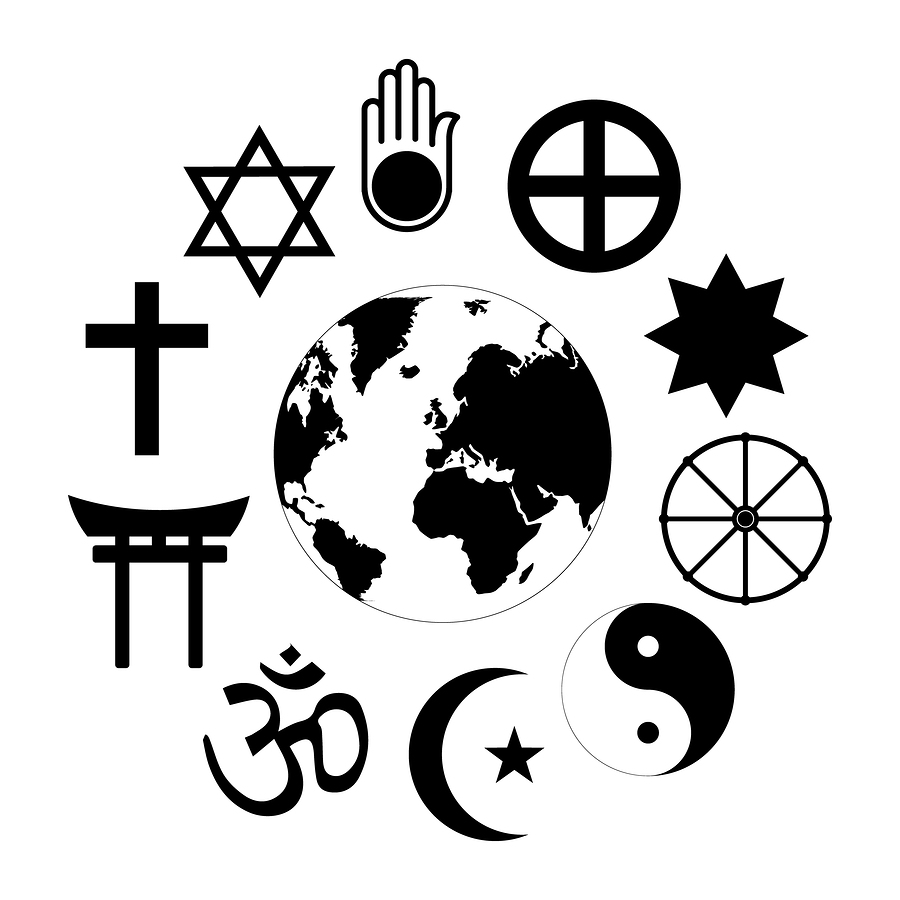Effects of the Dominant Religion in Social Situations
It’s lunch time, and you’re sitting at the table with your friends just like any other day. Out of the blue, someone brings up seminary. All of your other friends contribute to the conversation, just like they would with any other. You want to join in, but one thing stops you: you don’t belong to the religion they’re talking about. You sit there silently, patiently waiting for the conversation to end, but it doesn’t. They keep talking, and feelings of exclusion start to creep in.
This is what it’s like for someone who doesn’t belong to the dominant religion in a community.
“We get kinda left out if you’re not part of the dominant religion in a community.”
People will bring up what happened at their church, and often those who aren’t there just sit there silently.
This is the case for Aidan Hansel. His Mom’s family is one religion, but his Dad’s side, including him, are another. While most conversations involving religion within his family are seemingly harmless, sometimes they can be offensive. Aidan put it this way:
“You can just tell that I have to stick up for myself in social situations.”
This is common in places where the majority of the population belongs to the same religion. People are used to seeing their peers everywhere: at church, at school, at church events, and in seminary classes. Sometimes it is easy to assume that everyone is the same religion and will understand them when they talk about these things, but that isn’t always the case. There will always be people that don’t pertain to the same religion, and this makes it hard for them to fit into some social situations. Wyatt Ko, Aidan Hansel, and Trevor Schwab are just three of the many people who have had to deal with being an outsider when it comes to religion.
It is easy to see this as a problem that just occurs just in our community, but it’s not. It’s a problem all over the world, anywhere there is a religion that dominates an area.
“The same thing is true across the world. Let’s say India, the majority is Hindu. So let’s say I was a Catholic in India, that would be weird and looked upon as taboo as well,”
Trevor explained. In Korea, Buddhism is the dominant religion.
Conversations about religion are bound to come up in everyday life, and when they do we kindly ask that they are handled carefully.
“Religious conversations are kind of like politics…if they want to have a conversation they should be aware of what other people’s beliefs are,” said Aidan.
They want people to be open minded, to try and keep in mind that there are people who have different beliefs, and to not say anything to offend them.
“What most people at our age don’t do is watch what they’re saying around others. Especially when talking about religion, sometimes people base their entire life off of religion. So you have to be careful about what you’re saying and what you’re asking, or implying with your words,” said Wyatt.
They also have a message to those who do feel left out in these religious conversations. It is your choice if you want to join in the conversation and learn more about this new religion. Religious conversations can be eye-opening and educational, and it’s okay to get involved in the conversation.
“Ever since I joined debate I’ve been trying to learn about every religion and its basic views. So whenever I hear someone talking about a certain religion and I don’t know about it then I usually ask them questions and I usually try to learn from them,” said Wyatt.


























